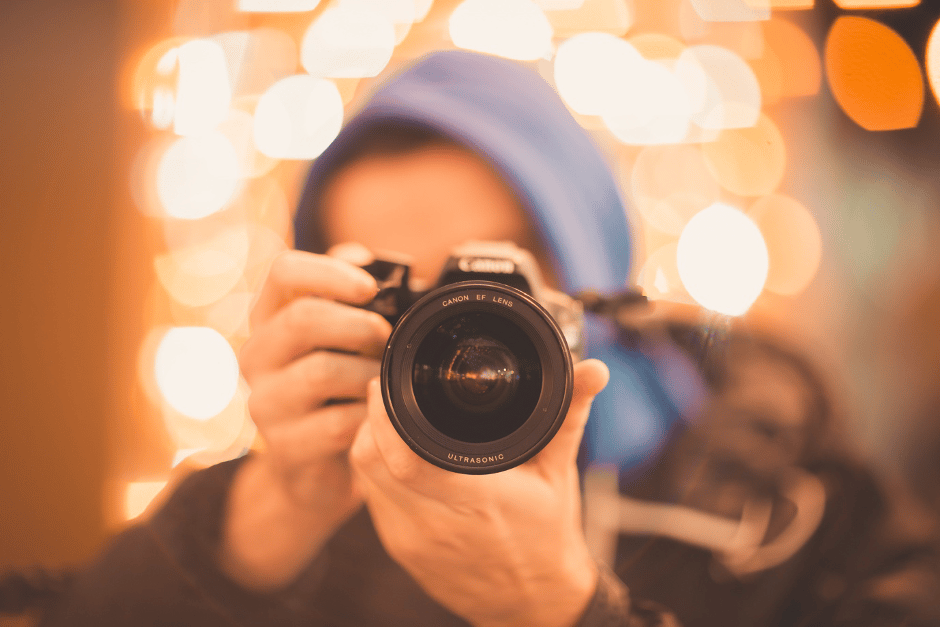The stock photography business has been stale for years, with generic smiles all around. Meet the startup challenger Pixtab trying to uproot an entire industry.
In recent years, the internet has created an abundance of new opportunities for the creative industry, particularly for designers and photographers. With the rise of online marketplaces and communities, artists and photographers are now able to share and monetize their work in ways that were once unimaginable.
One of the most notable examples of this is the emergence of platforms like Unsplash.com, which offers a vast collection of free, open-sourced photos for download. The site has become a recent go-to destination for designers and photographers looking for high-quality, royalty-free images. Unsplash’s library contains over 1.5 billion photos and grew by more than 50% in 2020 alone.
Another platform making waves in the industry is Pixtab.com, a startup challenger focused on stock photography. Pixtab is going up against giants like Getty Images and Shutterstock, and only offers photos with a wide commercial license. This is a critical aspect of the stock photography industry, as it ensures that photographers and artists are appropriately compensated for their work. According to Pixtab, they have seen a 10x growth in the last 12 months.
Platforms like Unsplash and Pixtab have not only made it easier for photographers and designers to share and monetize their work, but they’ve also made it more affordable for businesses and individuals to access high-quality images. According to a report by Grand View Research, the global stock photography market is expected to reach $9.79 billion by 2025, with an annual growth rate of 7.1%. This is due in large part to the increasing use of stock images in digital marketing and advertising.
However, with the rise of these platforms also comes the responsibility of only using images that are licensed. As the use of stock images continues to grow, it’s important that photographers and artists are properly compensated for their work. This is where Pixtab comes in, by providing only licensed photos, it ensures that photographers and artists are appropriately compensated for their work.
The internet has also created new opportunities for creative communities to connect and collaborate. Social media platforms like Instagram and Behance have become virtual meeting places for designers and photographers, allowing them to share their work and connect with other artists and photographers from around the world.
Furthermore, websites such as Patreon and Kickstarter have made it possible for creators to receive direct financial support from their fans and followers. This has been a game changer for many artists and photographers, allowing them to make a living through their work without having to rely on traditional methods of funding.
In conclusion, the internet has opened up a whole new world of opportunities for the creative industry, particularly for designers and photographers. Social media and crowdfunding platforms have made it possible for creative communities to connect and collaborate. The future of the creative industry looks bright, and it’s exciting to see how these new opportunities will continue to shape the creative industry in the years to come.

